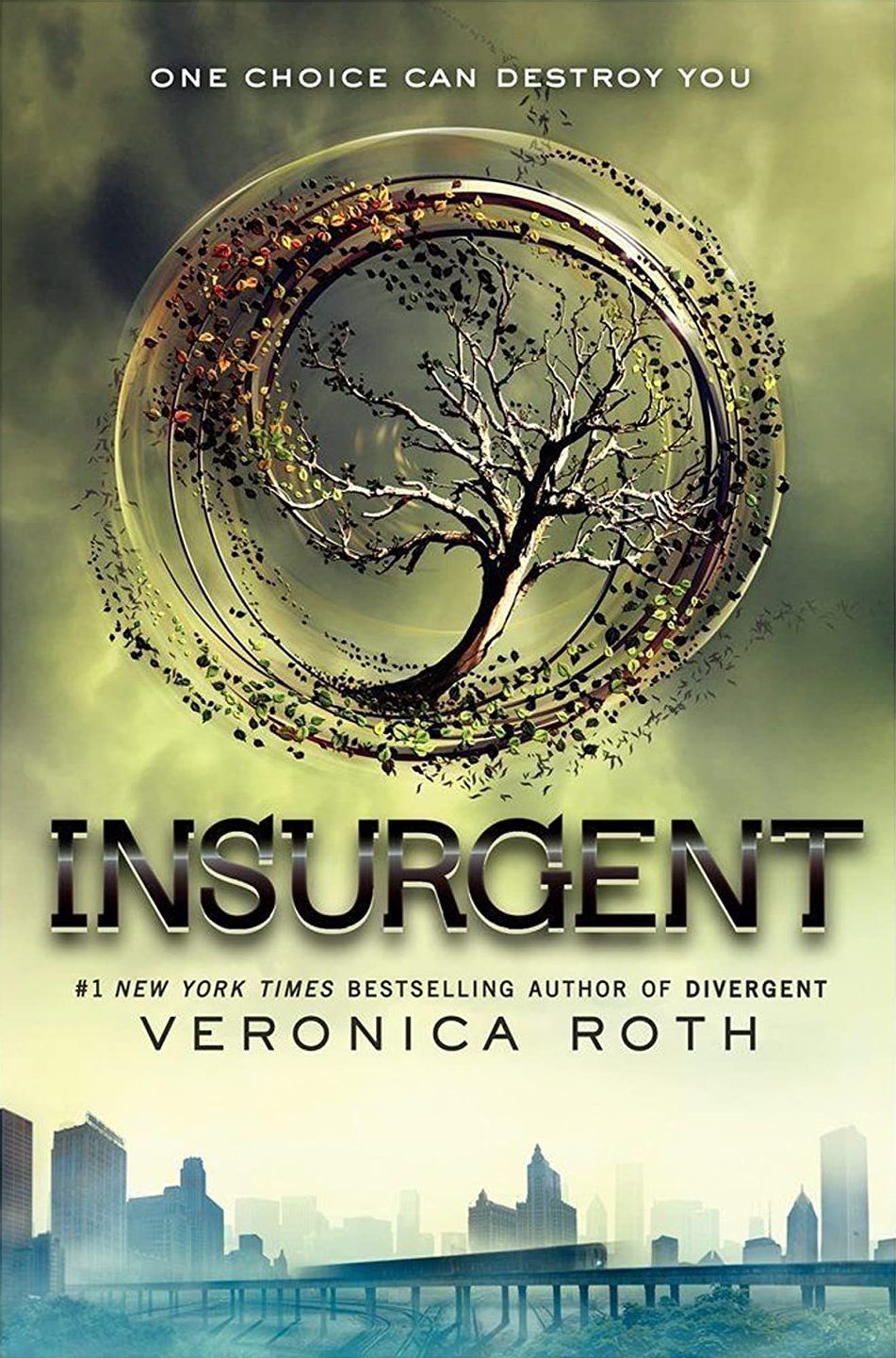
Allegiant
Book Description
Freedom comes at a devastating cost. In a world divided by factions and fraught with secrets, Tris Prior faces her greatest challenge yet—unraveling the truth of her society and battling the looming threat of war. With loyalties tested and friendships shattered, she must confront her own identity and make impossible choices that will redefine loyalty and sacrifice. Tension mounts as she and Tobias venture into the unknown, risking everything for a chance at liberation. As alliances form and betrayals surface, will they emerge as heroes or sacrifices in a fight for a future they can hardly imagine?
Quick Book Summary
"Allegiant" is the riveting conclusion to Veronica Roth’s Divergent trilogy. In the aftermath of factionless rule over Chicago, Tris Prior and Tobias Eaton (Four) confront revelations that shake the core of their society. Propelled by the desire to uncover the truth behind their dystopian city, they join a rebellious group, the Allegiant, to journey beyond the city’s boundaries. Outside, they unravel secrets about the true nature of their world and the genetic experiments that shaped their lives. As political tensions escalate and personal loyalties are tested, Tris and Tobias face profound challenges, heartbreak, and the necessity of difficult sacrifices. Through battles and betrayals, Tris strives to protect her loved ones and redefine the future, even as the ultimate cost of freedom threatens everything she cares about.
Summary of Key Ideas
Table of Contents
The Consequences of Truth and Identity
Tris Prior’s world is upended after the secrets hidden by the founders of Chicago’s faction system are revealed. The city is now under the oppressive control of Evelyn and the factionless. As disorder spreads, Tris and Tobias are approached by the Allegiant, a covert group aiming to restore the old faction system and follow Edith Prior’s instructions to leave the city. Tris joins them, determined to discover what lies beyond the fence and unravel the truth that has kept their society imprisoned.
Sacrifice and the Meaning of Love
Beyond Chicago’s walls, Tris and her companions encounter the Bureau of Genetic Welfare, the organization responsible for creating their city’s social experiment. They learn that Chicago’s strict social divisions were designed to correct genetic flaws resulting from past warfare over human enhancement. The Bureau’s revelations shatter the group’s understanding of themselves and intensify Tris’s struggle with her own identity. These discoveries lead to moral dilemmas about free will, the definition of humanity, and the reliability of labels like "Divergent."
Social Engineering and the Ethics of Control
As the Bureau prepares to suppress Chicago’s rebellion with memory-altering serums, Tris, Tobias, and their friends must decide where their loyalties lie. Tobias grapples with feelings of inadequacy and betrayal after a failed attempt to rescue his mother. The group’s relationships are strained by grief, distrust, and competing priorities. Tris’s steadfast resolve and willingness to question authority inspire those around her, but she is forced to weigh the cost of challenging a system deeply rooted in manipulation and deceit.
Loyalty, Betrayal, and Political Power
To prevent both the Bureau and Chicago’s new regime from causing further harm, Tris and her allies plot a daring mission. Their plan involves erasing the Bureau’s leaders’ memories to end their control over the genetically damaged cities. In a climactic act of courage, Tris sacrifices herself to ensure the plan’s success. Her death brings heartache and growth to those she leaves behind—particularly Tobias, who must reconcile his grief with the hope of building a new society.
Redefining Freedom Beyond Faction Lines
In the aftermath, the surviving characters begin the arduous process of healing and rebuilding. Tris’s sacrifice acts as a catalyst for change, pushing both the Bureau and Chicago toward cooperation and reconciliation. Tobias confronts his pain and chooses to honor Tris’s legacy by fostering understanding and unity. The novel ends with a message of hope, suggesting that individuals have the power to shape their destinies, forge authentic connections, and rise above the divisions that once constrained them.
Download This Summary
Get a free PDF of this summary instantly — no email required.





